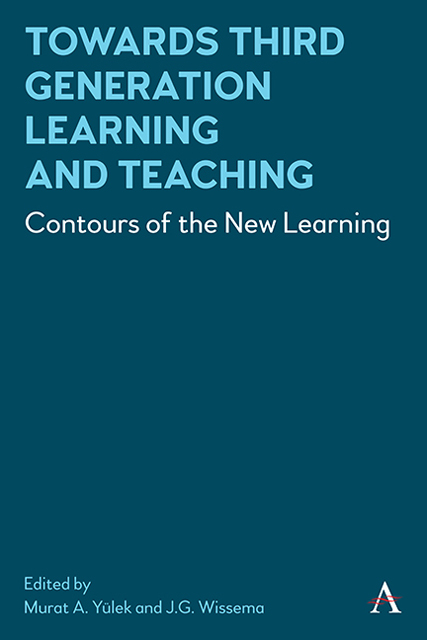Chapter 17 - The Future of Learning
Published online by Cambridge University Press: 10 January 2023
Summary
Having come to the end of this book, let us try to get the overall picture. What will learning be like in the not-too-distant future?
Brain Research
If there is anything this book makes clear, it is the pervasive impact of the results of (recent) brain research; its influence turns up in most chapters. Teachers are brain changers—says David Sousa in Chapter 3. And he warns: “Because they (students) know where to find the information, they are not motivated to learn the information itself. Thus, their brains are not practicing the mechanisms of higher-order thinking, such as application, analysis, evaluation, creativity, and metacognition. We need to recognize that early and consistent reliance on the Internet may diminish the brain’s need to be creative, think critically, and retain information. Teachers at all levels need to plan their instruction to use the Internet to expand student creativity and problem-solving skills rather than replace them.”
At the same time, Chapter 12 warns us there is much hot air in the use of educational neurology and we must be careful that it doesn’t become all hype. In the words of Bruno della Chiesa, “This chapter seeks to reflect on the role that educational neuroscience plays or does not play in public opinion-building and decision-making processes. The challenges met by this new discipline during the first two decades of its existence (2000–2020) range from skepticism and indifference to fashion phenomenon that saw the proliferation of neuromyths, and the mushrooming of neuro-traffickers and neuro-hijackers.”
Nevertheless, today it is imperative that anyone engaged in, or associated with teaching and learning, understands how the brain works, keeping abreast of the new insights that are pouring in almost daily at a rapid pace.
The Way We Learn and Teach
From this book it emerges there are five dominant developments that will shape the future of learning and education—Third Generation Learning as we have called it in Chapter 1. These are, to be elaborated upon in the next paragraphs:
1. Students will take the driving seat in their education. Courses will increasingly become individualized while students get more influence in the governing of their educational institution (see “Students Take the Driving Seat”).
2. Learning soft skills (social skills, empathy) will become just as important as cognitive competencies. High tech—high touch 2.0 (see “ Social Skills”).
- Type
- Chapter
- Information
- Towards Third Generation Learning and TeachingContours of the New Learning, pp. 243 - 252Publisher: Anthem PressPrint publication year: 2022



